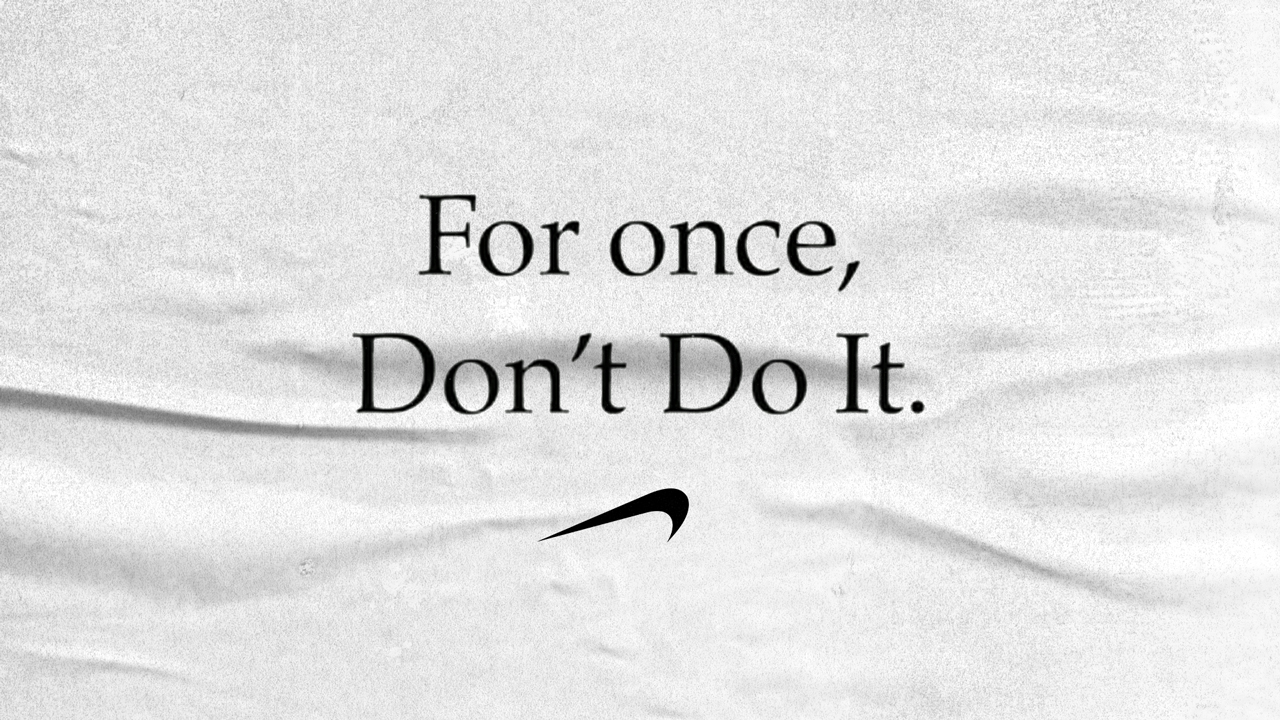On the 18th of April 2021, twelve of Europe’s “elite” football clubs declared themselves founding members of the “European Super League.” The league would have consisted of 20 clubs, 15 of which were set to be un-relegatable founding members, the 5 others would’ve been Football, once hailed as the game of the working class, had fallen victim to capital’s endless and unsustainable pursuit of profit, until almost 48 hours after the announcement, when the majority of the clubs had withdrawn and the Super League was indefinitely suspended.
Football is a very basic game. 22 players line up against each other and attempt to kick a ball into a 7.32 m by 2.44 m net. ‘Anyone can win a game of 90 minutes,’ is how the popular saying goes. Capitalism, according to capitalists, is built on the same idea of competition. ‘Anyone can make something out of themselves if they try hard enough’, is how the general consensus goes. In reality, rampant wealth inequality, institutionalised discrimination, and a variety of other terrible systemic problems have proven that the “competition” capitalism touts is often just a facade. While in football, the European Super League has perfectly encapsulated how the global 1% will continue to accumulate, consolidate, and monopolise money and power.
The gargantuan growth of football is a very fitting tale of the dangers of capitalist growth. Football is famous for its working class origins. The United Kingdom’s biggest clubs are historically from industrial cities, where male factory workers constituted the majority of the initial football fanbase. Arsenal was formed by a group of workers at the Arsenal munitions factory in Woolwich, London. Manchester United was formed by the Carriage and Wagon department of the Lancashire and Yorkshire Railway (LYR). Football clubs have also been social centres for their community. Famous examples of this include FC Barcelona which has always represented a part of the Catalan identity and has been a home of Catalan resistance against the Spanish regime. While in Scotland, Celtic and Rangers have represented both sides of the sectarian divide that grips their home city. Football clubs were bigger than just a weekly game of 90 minutes as they represented a core part of the social life and identity of the cities, towns, and nations they inhabited.
At first, capitalist forces saw this fanatic attachment to football as a great opportunity to make profit. Fans were turned into consumers and football clubs into corporations. The passions and emotions associated with supporting a football club were quickly manipulated and monetised to extract maximum profit. Whether for multinational corporations, billionaire investors, or sportswashing enthusiasts, football clubs, and their lucrative revenue streams, had become prime territory.
But by 2021, football’s revenues had stagnated and new opportunities for commercial “growth” needed to be birthed. It’s no coincidence that some of the major players behind this new league include Arsenal owner Stan Kroenke, Liverpool owner John Henry, and Manchester United owners, the Glazers. The first billionaire has seen his marquee investment go from a consistent Champions League club to a team barely managing to hold on to its spot as the 9th best team in England. The second billionaire has seen his investment go from unstoppable Premier League champions to a team barely scraping a Europa League spot. The third family of billionaires is famously known for taking more money out of Manchester United then they have put in. The sporting instability (caused by competition) of these three clubs meant one thing for these three billionaires: less profit.
When Leicester City won the Premier League in 2016, it was a shock to everyone. But to the English “Big 6” it represented a grave threat. A look at the recent Premier League standings shows us that Leicester City and West Ham United occupied 2 out of the 4 Champions League spots allocated to England until last week, while 2 members of the supposed “Big 6” languish in 7th and 9th place. If we follow capitalist logic, this is an ideal competitive environment (market) where any club is capable of winning if they try hard enough (Leicester City are of course supported by their own billionaire investor). In reality, the “Big 6,” the historical powerhouses and richest clubs in the English football pyramid, could not tolerate their positions coming under threat and moved to monopolise football to ensure that does not happen.
Backed by JPMorgan, a bank that received a $12 billion U.S government bailout in 2008, the oligarchs of European football established a Super League that summarises everything wrong with today’s capitalist world order. A shell competition where the top 1% of European clubs get to bask in broadcasting, sponsorship, and other revenue without any risk or real competition. 5 teams outside of this elite cabal are then put into competition against each other in order for them to scrape off some of the revenue the 1% allows them to touch, transforming football into something more like the neoliberal reality TV and game shows that dominate modern airwaves. The Super League is the football representation of the neoliberal trend where wealth is continuously redistributed upwards, even when it’s already highly concentrated at the top.
The formation of a breakaway Premier League in England in 1992 was not dissimilar to the European Super League that threatened to be formed today. The “democratic” bodies that are supposed to protect and oversee football have been just as bad as the billionaires behind the Super League. The top leagues, that have justly denounced the creation of this closed Super League, were the breeding ground for the emergence of the conditions that eventually morphed into this Super League monster. Whether it was through the continued attraction of billionaires and sovereign wealth funds or through the relentless monetisation of itself, European football’s pursuit of more and more money was always destined to end at a Super League. In that sense, the ESL vs UCL war represented two sides of the same corruption and greed-infested coin.
The new Champions League reforms represented a victory for the elite cabal of European clubs (most notably those in England) with the introduction of ‘legacy spots’ that allow clubs with good historical performances to get put into the Champions League despite finishing outside of the designated qualification spots. While the expansion of the CL group stage from 6 to 10 games is an attempt to squeeze out further revenues from European football, at the expense of the players and the competition and for the profit of owners, sponsors, and television partners.
This blatant attempt to completely monopolise football has seemingly failed, but football is still stuck on the same path that will just lead it back to another Super League. The only way to prevent this is to decouple football from capitalism and to take back the game from corporations and billionaires. Fans, across clubs and nations, must unite and attempt to dislodge capitalism’s grip on modern football. Fan ownership is a way to do that. But despite the relative success of Germany’s 50+1 ownership model, the fan ownership models of FC Barcelona and Real Madrid highlight how these types of models can be undermined and exploited. Even wholly fan owned clubs like the two La Liga giants have fallen victim to the same pitfalls modern democracies have faced. Real Madrid’s Florentino Perez has managed to raise the monetary and non-monetary electoral thresholds in front of his opponents, allowing him to continuously get elected without any opposition. While 2 out of FC Barcelona’s 3 most recent presidents have been arrested, one for and one for illegally paying a social media company “to smear celebrated club names.” The mere presence of fans in a club’s operation will not yield results while the same model remains in place. Whatever solution is found, it cannot be deemed effective if it does not come with genuine and structural efforts to restrict and undo the heavy commercialisation of football.
Will modern football sacrifice its revenue streams? Doubtful. Will the neoliberal governments of today undermine “private property” by implementing a 50+1 fan ownership rule in football? Doubtful. Will UEFA and FIFA be magically reformed and save football? Doubtful. Will the billionaires voluntarily give up their “assets?” Doubtful. The deficiencies of modern football are not flaws, they are features. Capital’s takeover of football cannot be reversed on capital’s terms. Football under its current capitalist trajectory is destined to one fate, and it is death. Even if it continues to gain further and further popularity and more and more money, the essence and magic, the soul, that attracted many people to football is taking its last few breaths.



